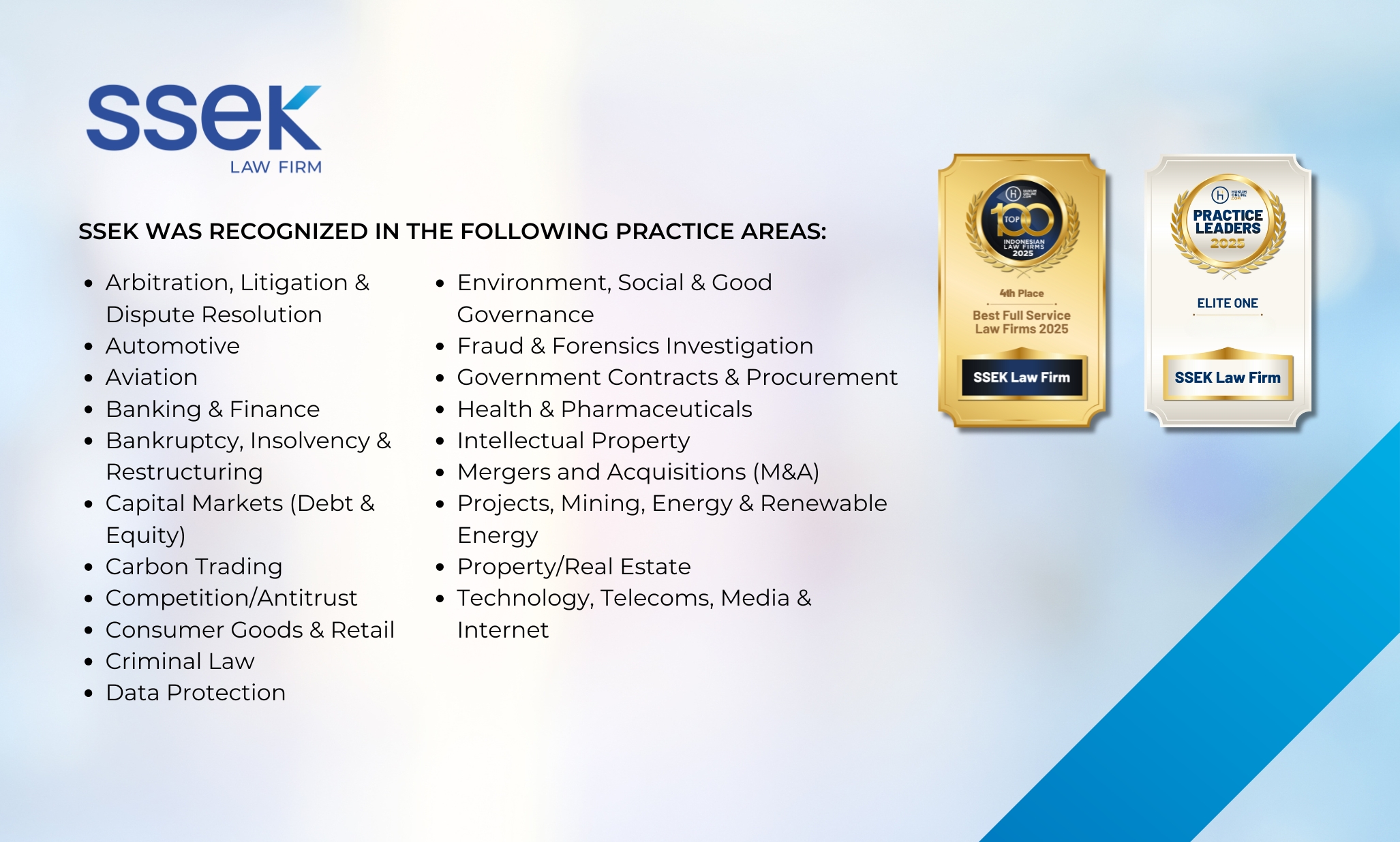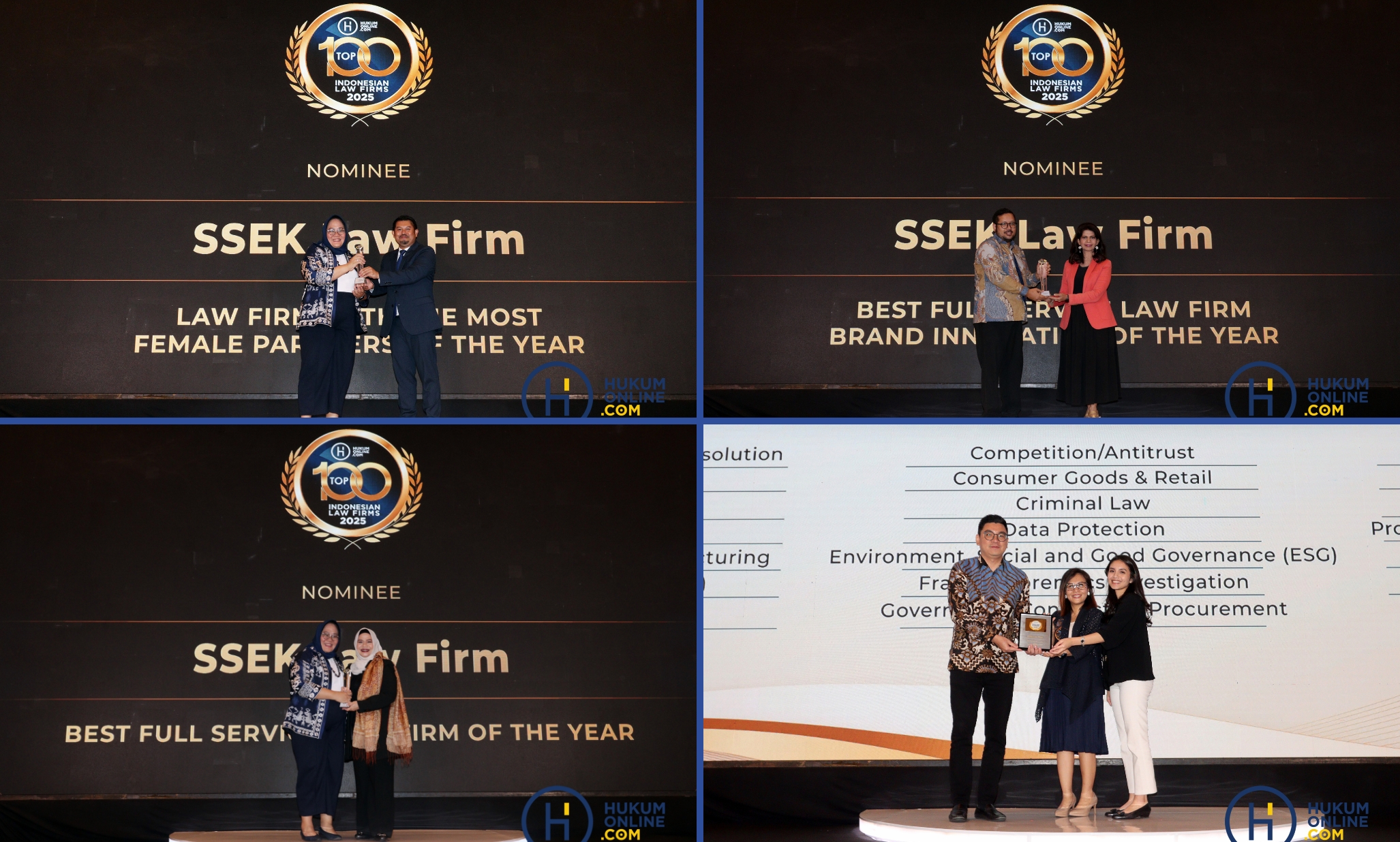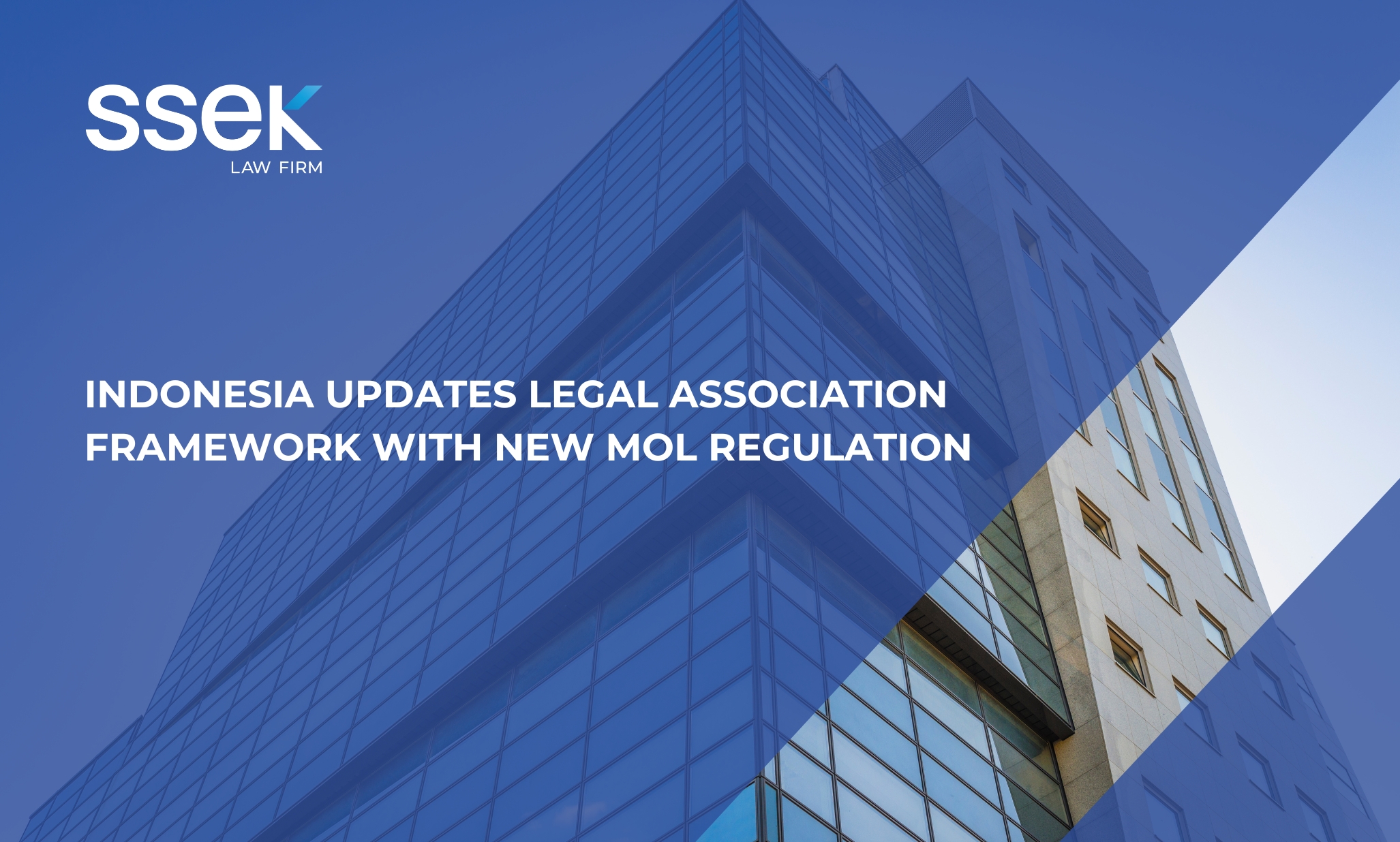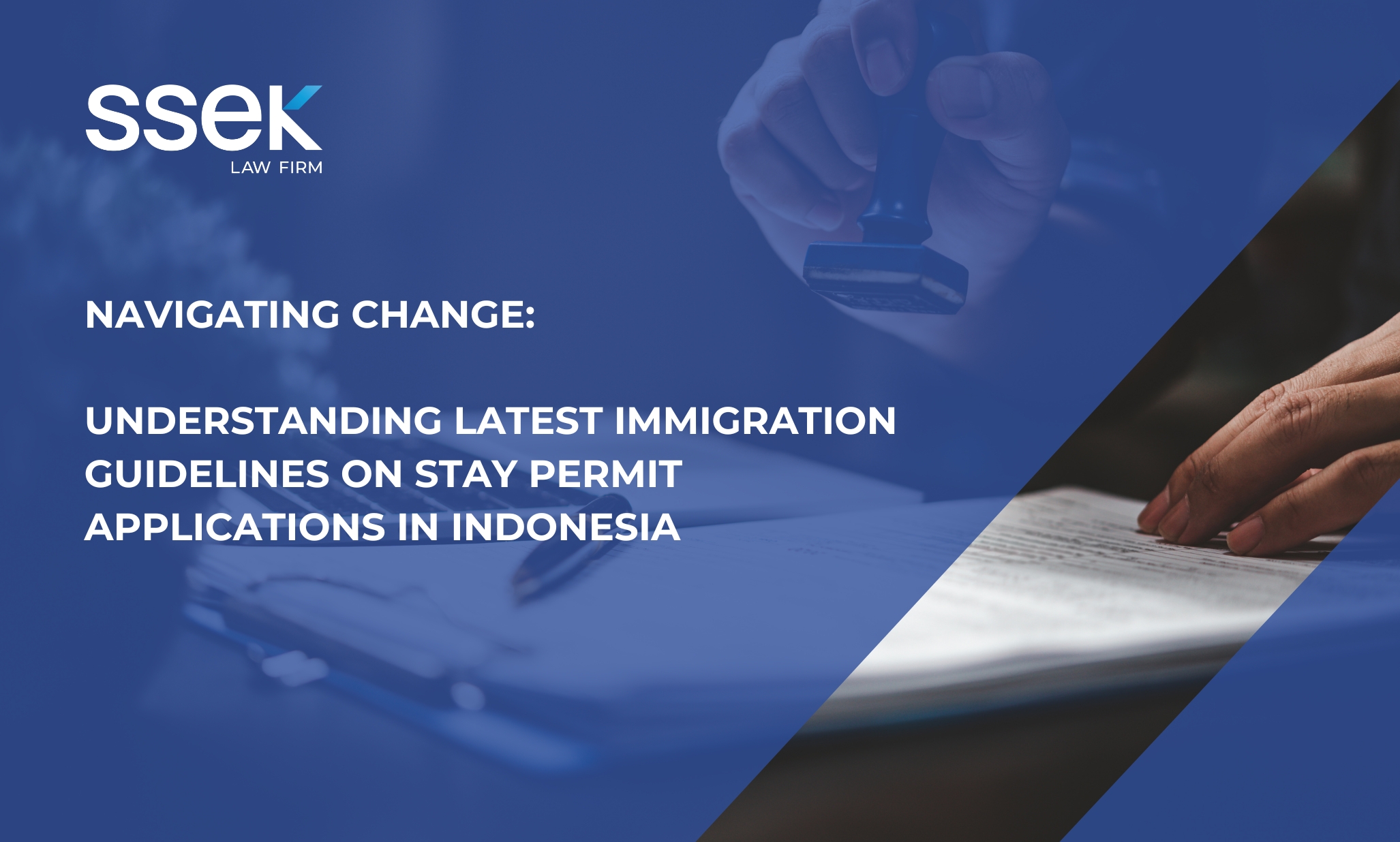

After a long and contentious discussion involving many interested parties, the Government of Indonesia issued a regulation that bans the export of raw minerals/ores.
Government Regulation No. 1 of 2014 (GR 1/2014) was issued on January 11th, 2014, one day before the deadline for the domestic processing and refining of raw minerals/ores as mandated by the 2009 Mining Law. GR 1/2014 requires mining companies to process and refine raw minerals/ores in Indonesia.
Processing and Refining
The same day GR 1/2014 was issued, the Minister of Energy and Mineral Resources (MEMR) issued MEMR Regulation No. 1 of 2014 (MEMR 1/2014), stipulating the minimum standards of processing and refining before minerals can be exported.
MEMR 1/2014 differentiates between processing and refining, which is important in determining those exports that are, at least temporarily, allowed and those that are strictly prohibited. Processing is required for all types of minerals, either metal, nonmetal or rock, while refining is required only for metal minerals, including the associated minerals, by-products and residual minerals.
Cooperation among Mining Companies
If a mining company is unable to perform the required processing and/or refining for the export of its minerals it can cooperate with other mining companies or smelting companies to satisfy the minimum standard of processing and refining as required under MEMR 1/2014. Such cooperation can be in the form of the sale and purchase of raw mineral ores or concentrate, or through joint construction of a processing facility.
Approval from the MEMR or the governor or regent/mayor where the mining company operates is required before a company can engage in such cooperation.
Special Exceptions
With many mining companies in Indonesia likely unable to satisfy the requirements in GR 1/2014 and MEMR 1/2014, the Government has provided special exceptions. Under these exceptions, five metals can be exported if they have been processed to a certain limit even though they have not been refined. These five metals are copper, iron, lead, manganese, and zinc. Bauxite, chromium, gold, nickel, silver, and tin will not be exempted in any way.
A recommendation from the Directorate General of Mineral and Coal is required for such exception. To obtain a recommendation, a mining company must have sufficient reserves for future processing, have a credible plan to build a smelter or to cooperate with others for such construction, and comply with accepted good environmental principles.
Note that these exceptions are valid for only three years. As of 2017, as things stand at the moment, all minerals exported from Indonesia will have to be processed and/or refined, adding value to the minerals.
Export Procedures
Minerals that have been processed or refined are categorized as goods for which export is limited, while raw minerals and ore are categorized as goods for which export is prohibited. To export processed or refined minerals, the exporter must be registered with the Ministry of Trade and obtain a Registered Exporter Certificate for the export of Mining Products (Eksportir Terdaftar Produk Pertambangan). This certificate is valid for three years and may be extended an unspecified number of times.
Before any mining products are exported they must first obtain approval from a Ministry of Trade-registered surveyor to ensure they have been processed to the required standard.
Implications
The Indonesian Mineral Entrepreneurs Association (Apemindo) has filed a legal challenge against the raw ore export ban and numerous business groups have expressed their opposition to the rules. Coupled with the long and troubled history of the ban, it would not be a surprise if these regulations were not the last word on this policy. But the Government of Indonesia, despite protests that the processing standards and the requirement to build a smelter are too high a bar, has expressed optimism that the raw ore export ban will enhance the downstream mining industry.
We would note that there has been an uptick in interest among some foreign investors in establishing smelting companies in Indonesia. We would expect that the mining industry in Indonesia will continue to attract foreign investment despite the ups and downs in regulatory and licensing matters.
About SSEK
SSEK is a leading full-service corporate and commercial law firm based in Jakarta, Indonesia. Since its founding in 1992, SSEK has grown to one of the largest and most highly regarded corporate law firms in Indonesia. SSEK is recognized by independent legal directories including Chambers & Partners, The Legal 500 and Asia Law as a leading law firm in Indonesia across all major practice areas including banking and finance, capital markets, corporate law and mergers and acquisitions, construction and real estates, energy and natural resources, IT and telecommunications, labor and employment, project finance, restructuring and insolvency, and shipping. SSEK has been named the Indonesian Law Firm of the Year on multiple occasions.
This publication is intended for informational purposes only and does not constitute legal advice. Any reliance on the material contained herein is at the user's own risk. You should contact a lawyer in your jurisdiction if you require legal advice. All SSEK publications are copyrighted and may not be reproduced without the express written consent of SSEK.









